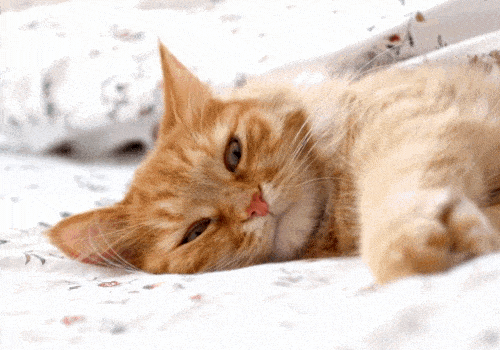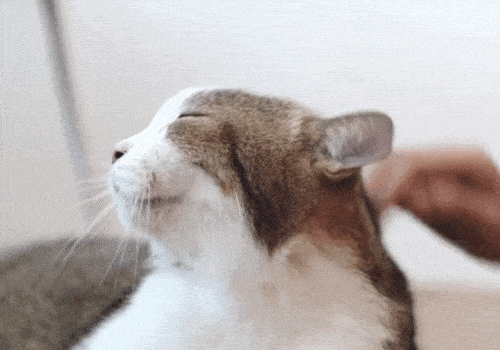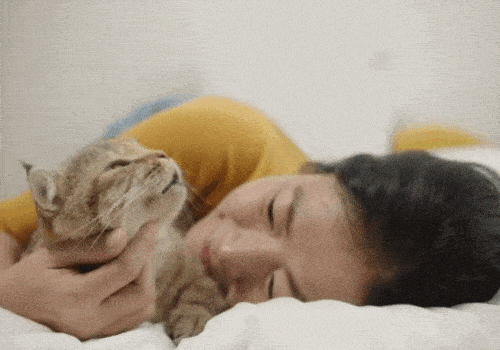Why do Cats Purr? A Purr-fect Question
Cats purr in a variety of situations and there are a number of theories as to why they do it. It could even be therapeutic.
The reason behind your cat’s purr is quite inconsistent
Kittens will start purring at only a few days old but the exact reason why cats purr is still a mystery.
The fascinating thing about purring is that cats will do it in all sorts of situations, when they’re feeding their kittens, to communicate with other cats, when being patted and when relaxed.

Cats can also purr when in distress. Cats who have suffered trauma such as being hit by a car, or are at the vet clinic will often purr, despite being obviously in pain or discomfort. Aside from our purring feline friends, purring is found in Felids and also Genets, but no other species.
What does purring mean in cats?
The meaning of a purr is certainly very inconsistent within one cat and also between different cats. Let’s look at a few meanings that us humans have given to the sound of our cats purring.
- Some cats purr because they want to be fed and many cats have essentially trained their owners that this noise means they should hop to it and get that food bowl filled! Some cats may even start purring only once they start eating, it could mean that they’re satisfied.
- Cats purr to communicate with their kittens and kittens can purr while suckling.
- They may purr to diffuse confrontations with other cats and to indicate they don’t want to fight.
- Another cat may purr like a motor when they’re anxiously exploring a new space or the back of a cupboard that is usually off limits.
- The purr is theorised to be a form of self-soothing, which also might explain why cats purr at the vet or while in pain.
How a purr is made
When a cat purrs the inspiratory and expiratory phase of breathing is equal. There is no specific purr structure, but it is thought to originate in the larynx and vocal folds.
Some lucky scientists have dedicated their careers to analysing the purr of Felids and have found the frequency varies slightly during the inspiratory and expiratory phase. It is frequently quoted as being between 25-150 Hertz.

Therapeutic purring
A wonderful theory about purring is that it could contribute to fracture repair and healing in the cat. The frequency of a purr is in the range that aids healing and maintains bone density.
Cats often clock up 18 hours of sleep a day, which doesn’t leave much time for the weight bearing exercise necessary to maintain bone density. Perhaps cats need to be included in the space program, where decreased bone density is a known problem?
Purring cats can communicate with their owners
Whatever the cause, purring has certainly evolved as a form of communication between cat and pet owner. This lovely sound signals contentment when being patted, but also could be a form of self-healing and self-soothing.

We think purring is pretty awesome and we know all of our cat owners out there do too!
The post Why do Cats Purr? A Purr-fect Question appeared first on VetBabble.




Post a Comment